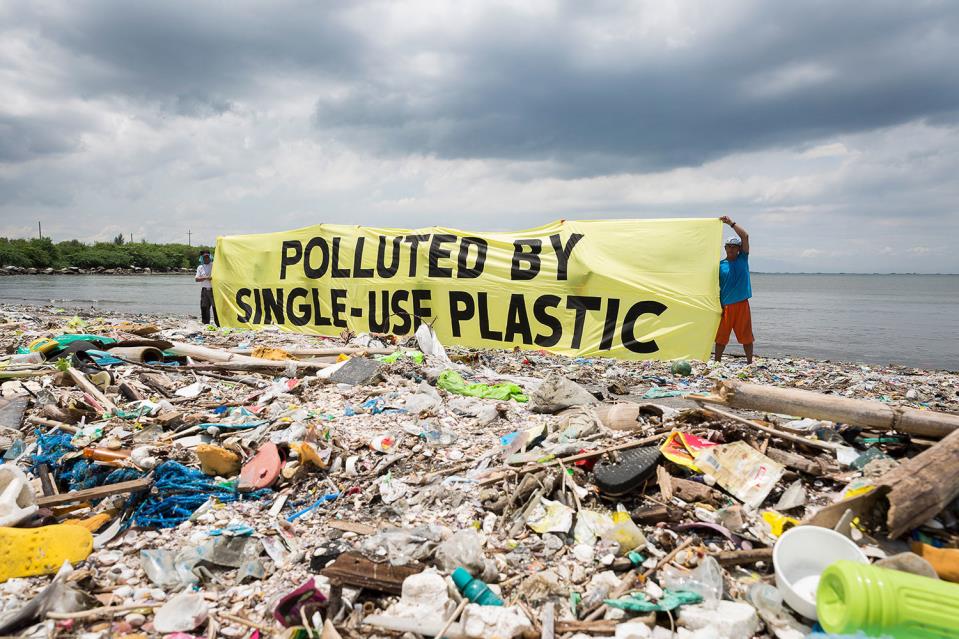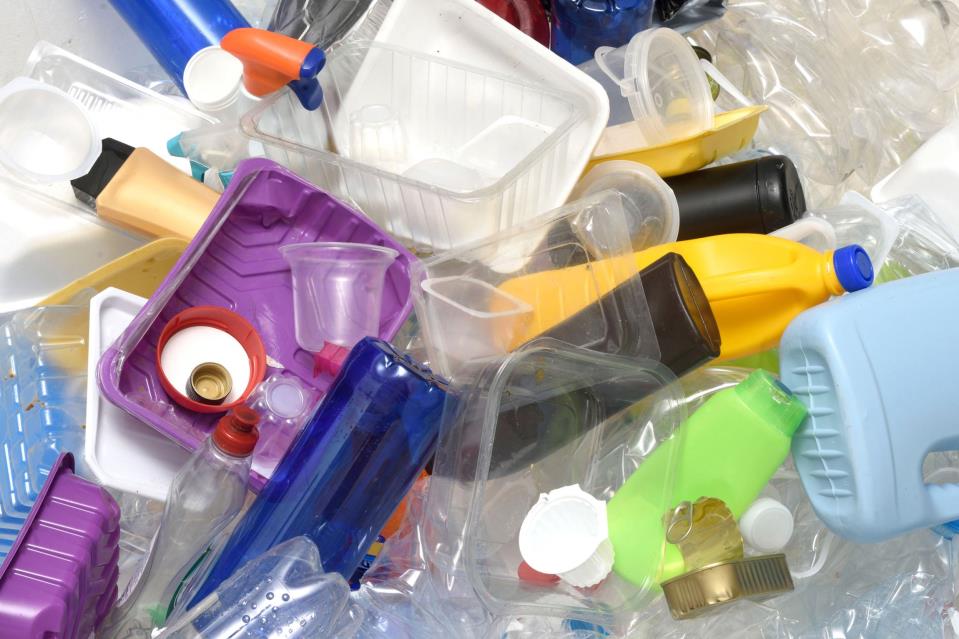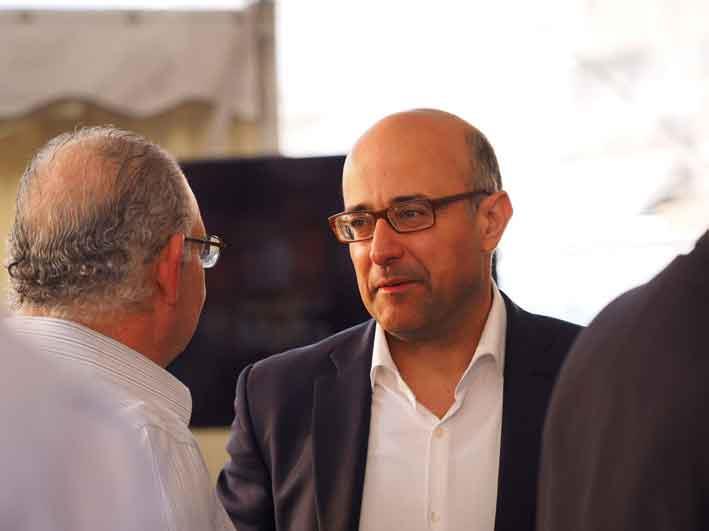While agreeing that such a ban at the right time could prove effective, the Ministry for the Environment said the ban should be gradual and allow for a transitional period.
Last month the European Parliament overwhelmingly backed a wide-ranging ban on single-use plastics in an effort to tackle marine pollution.
Under the proposed directive, items such as plastic straws, cotton swabs, disposable plastic plates and cutlery would be banned by 2021, and 90 per cent of plastic bottles recycled by 2025.
The items covered by the ban make up over 70 per cent of marine litter.
The regulations will now have to be approved in talks with member states, some of which are likely to be against the strict new rules, foreign media reports have stated.
Under the new rules, member states would also have to ensure that tobacco companies cover the cost of cigarette butt collection and processing in a bid to reduce the number entering the environment by 80 per cent over the next 12 years.
Similar measures would apply to producers of fishing gear, who would have to help ensure that at least 50 per cent of lost or abandoned fishing gear containing plastic is collected per year.

France has banned plastic cups and plates, Italy and France are banning plastic cotton buds, the UK wants to ban straws, as did the Brussels region recently, and other countries like Ireland and Portugal are considering measures.
On the other hand, Malta is featured in an EU infographic document showing that at 33 per cent Malta’s recycling rate is below the EU average. The same infographic shows that in 2014, the average citizen generated 26 kilos of plastic packaging waste, of which less than nine kilos were recycled.
“Malta agrees that a ban at the right time could prove more effective than other soft measures which could be more burdensome in their implementation,” the Ministry for the Environment said.
The Ministry also agrees that in theory, a ban on single-use plastics would automatically shift the demand for more environmentally friendly alternatives to potentially lower prices. In practice, however, the shift needs to happen also in the supply side of the equation in order to be fully effective.
“One should also take into account that apart from banning there are other policy tools aimed at reducing single-use plastics. Hence, one should assess the effectiveness of all available policy tools before moving forward to take into account Malta’s specific market dynamics,” the Ministry said.

What is being done to prepare for the ban?
The Ministry said it has requested ERA to draft a strategy which is in the same spirit as the EU proposal but caters specifically for Malta’s circumstances with regard to single-use plastics.
Various researches on the topic related to sea habitats and fish stocks are being funded by the government.
The promotion of reduced plastic use is already in the pipeline, the Ministry said. The government intends to lead by example and will be providing direction to ban public procurement of single-use plastics in events organised by the departments and entities that fall within the scope of public procurement.
Plans are also underway to organise awareness-raising campaigns including a specific one on marine litter and sustainable consumption on our beaches targeting reduced consumption of single-use plastics on our beaches. This awareness-raising campaign starts next year.
Plastic straws in schools
The government has noted the concerns raised by the public regarding the use of plastic straws and containers in the fresh milk, fruit and vegetable scheme being distributed at schools and took the necessary action to change these items.
Changes were implemented and plastic straws have now been replaced by paper straws and instead of plastic containers, fully bio compostable containers are being used.

The PN’s take on the ban
Opposition spokesperson for the environment, Jason Azzopardi said the community must continuously be educated on what the aim and objectives of such specific initiatives are.
“Just like the separate collection of organic waste, there is complete mayhem when it comes to information and understanding. The end result is disastrous. Unfortunately, the government thinks that because it updates a website or a social media page, it is educating the community.”
Azzopardi believes that any initiative, including this ban on single-use plastics, is doomed to fail if the government continues to persist with plans that are not owned by the community at large.
Asked if the PN has any plans on how other non-banned items will be reduced by at least 25 per cent by 2025, Azzopardi said that any future PN government will continue to build on the bold initiatives it had made when it was in government.
One such initiative he said was the introduction of the financial penalty on plastic bags through the Eco-Contribution Act. The then Minister for the Environment Leo Brincat ditched this law to accommodate the disgruntled because environmental legislation, including the banning of products, brings hardship to employers and employees alike, Azzopardi noted.
Separate questions were sent to the Ministry for the Environment regarding plastic bags being given free of charge, but no answer was forthcoming at the time of writing.